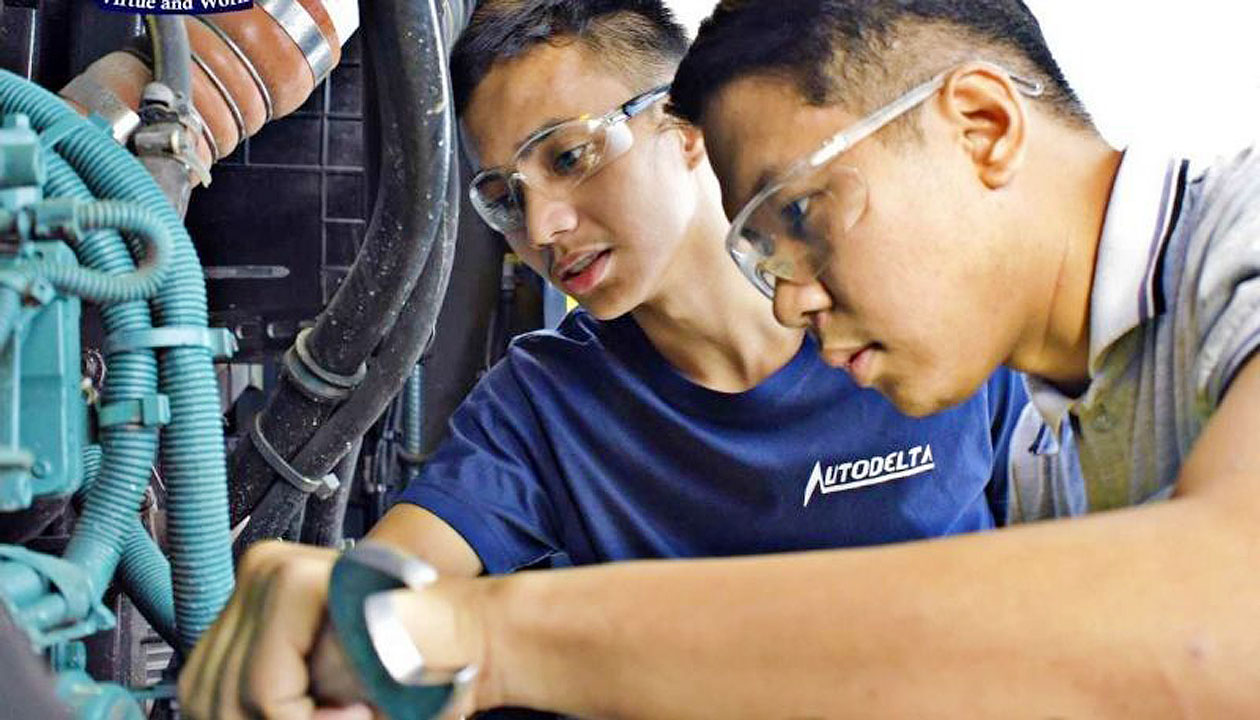PHL vocational schools embrace edtech to improve student employability

Most Philippine institutions (97%) believe their use of technology in education played an important role in the improvement of a student’s success, according to a 2023 study by Instructure, an edtech provider.
The State of Vocational Education in the Philippines survey, covering 115 institutions, indicates a shift towards integrating edtech solutions such as a learning management system (LMS) to broaden students’ career opportunities post-graduation.
LMS emerged as the most used of all the technologies adopted, with 77% of institutions utilizing them. Digital assessment solutions (62%), and video/audio conferencing (59%) were also widely adopted.
“The widespread adoption of LMS and other digital learning tools speaks to a deeper understanding that integrating technology is crucial for preparing vocational students for the complexities of the modern workforce,” said Harrison Kelly, managing director at Instructure Asia Pacific, in a statement.
The report also found that 89% of vocational education institutions place great importance on the employment rates of recent graduates, while 81% value their students’ practical application of knowledge and skills.
All (100%) believe their programs effectively prepare students for the workplace.
More than half of the institutions (53%), however, admit they struggle with recent graduate employment rates.
“It’s vital that institutions continue to provide strong support to students as they complete their courses and advance in their lifelong learning journey,” Mr. Kelly said.
“This involves not only equipping them with the latest technological tools and skills but also overcoming inherent challenges in this rapidly changing educational landscape,” he added.
TECHNOLOGY ADOPTION
One key factor driving technology adoption in vocational education institutions is the heightened competition from universities. According to the report, 65% of institutions said they see a high increase in competition from universities offering nontraditional courses for students, such as short courses or micro-credentials.
Moreover, while 32% of vocational institutions have incorporated artificial intelligence (AI) tools in their operations, 38% have opted to ban them. About a quarter (23%) are familiar with these tools but choose not to use them, with a small fraction (6%) reporting a lack of knowledge about them.
Despite these apprehensions and outright bans, nearly all of the institutions included in the poll (91%) have established guidelines for using generative AI, with nearly eight-tenths (75%) of local vocational education institutions offering AI training. — P. B. M.



